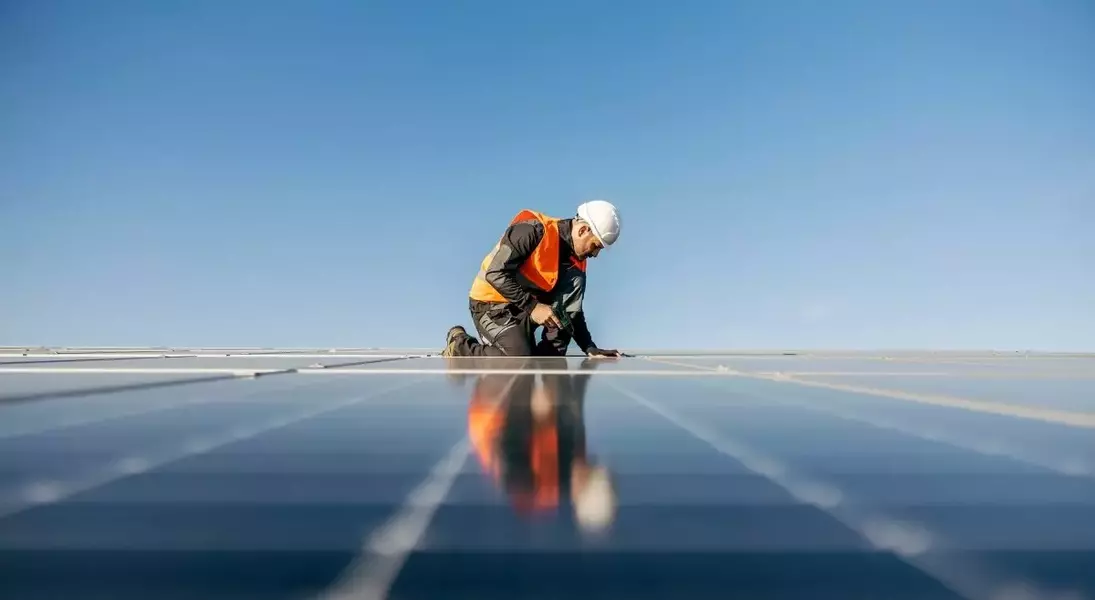
This week, Meta has made a significant move in the renewable energy sector by acquiring 200 megawatts of solar power from Engie, an international electric utility. This acquisition adds to Meta's already impressive renewable energy portfolio, which exceeds 12 gigawatts. The tech giant's decision comes at a critical time as the industry faces escalating power demands due to rapid advancements in artificial intelligence (AI) and the expansion of data centers. Projections suggest that by 2027, half of all new AI servers could face power shortages. In response, Meta has been aggressively expanding its infrastructure, including a recent announcement of a 2-gigawatt data center in Louisiana, albeit powered by natural gas. Meanwhile, the newly acquired solar farm is strategically located near one of Meta's existing facilities in Texas, enhancing operational efficiency.
The push towards renewable energy is not unique to Meta. Other major players in the tech industry have also been exploring alternative energy sources to meet their growing power needs. For instance, Google has partnered with Kairos to deploy 500 megawatts of small modular nuclear reactors starting in 2030, while Amazon has inked a deal with X-Energy for 300 megawatts slated to come online in the early 2030s. Not wanting to be left behind, Meta issued a call for proposals from nuclear power developers for up to 4 gigawatts of power, with submissions due by February 7. However, despite the buzz around nuclear energy, renewable sources continue to quietly expand capacity. This allows companies like Meta to enhance their computing capabilities in the present.
Renewable energy projects can be deployed more swiftly compared to nuclear initiatives. Meta's latest solar farm, for example, is set to become operational by 2025. Such rapid deployment timelines are crucial as they enable tech firms to address immediate power requirements while longer-term solutions are being developed. Moreover, other tech giants are making substantial investments in renewables. Google is supporting a $20 billion renewable project with Intersect Power and TPG Rise, while Microsoft is collaborating with Acadia Infrastructure Capital on a $9 billion renewable deal. These moves underscore the ongoing commitment of the tech sector to sustainable energy solutions.
As the demand for computing power continues to surge, particularly with the rise of AI technologies, the ability to quickly scale up renewable energy capacity will play a pivotal role in ensuring that these advancements can proceed without hindrance. Meta's strategic investment in solar power exemplifies the proactive approach taken by leading tech companies to secure reliable and sustainable energy sources. By doing so, they aim to support both current operations and future growth, positioning themselves at the forefront of the clean energy transition.
